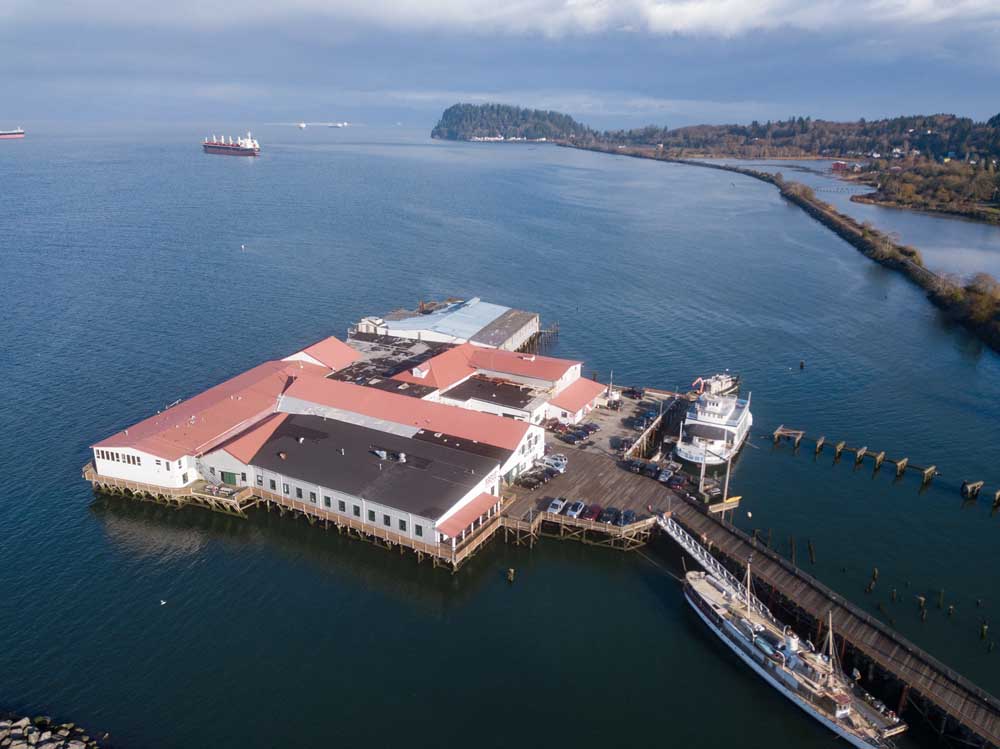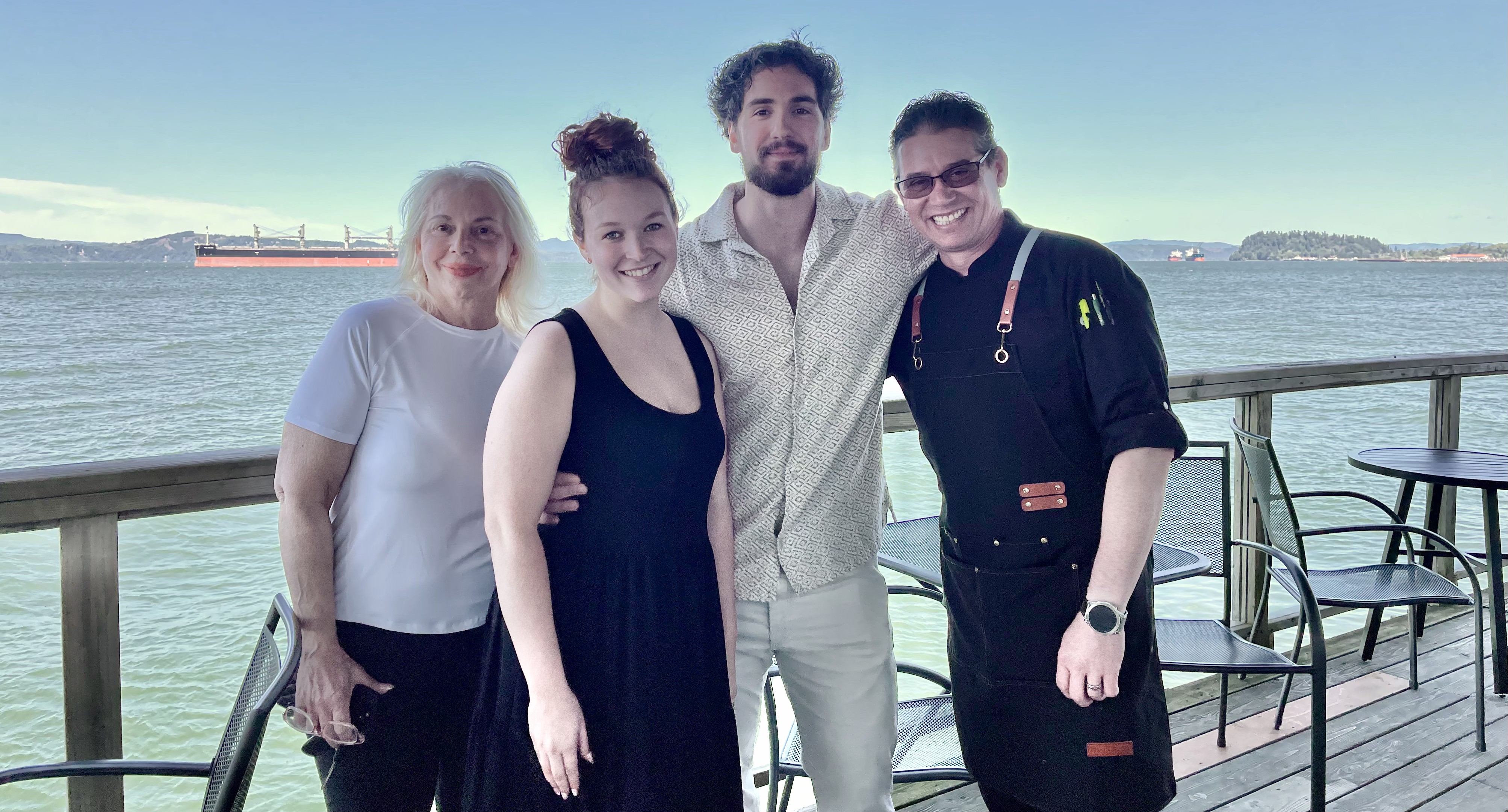Astoria pushes pause on vacation rental regulations
Published 1:15 pm Tuesday, November 19, 2024

- Pier 39 is among the commercial properties in Astoria with vacation rentals.
The Astoria City Council has pushed pause on an ordinance that would have capped the number of vacation rentals allowed in the city and established an annual licensing program to better regulate them.
Trending
At a hearing Monday night, city councilors agreed they wanted to consider amendments to the draft vacation rental program and allow more time for public comment before finalizing the ordinance.
Under the draft, the city would impose a cap of 50 vacation rental units. The initial license fee would be $500, with a $250 annual renewal fee.
The decision to pause followed pushback from vacation rental property owners like Floyd Holcom of Pier 39 and others who said the city’s program would make it difficult for them to afford to maintain historic properties or even stay in operation. They argued they are providing an important service that furthers tourism.
Trending
Holcom said the city’s program would “adversely impact me horribly.” He said he already went through a lengthy and expensive city process to have vacation rentals at Pier 39.
“And now you want me to pay five hundred bucks per unit?” he said. “To me that is a shakedown — of something that maybe wasn’t intended but … it’s going to economically affect Pier 39, which turns 150 years old next year, by the way.”
Holcom and others said the city program caught them by surprise and they didn’t have a chance to provide input.
City Councilor Elisabeth Adams rejected that argument, saying a potential program had been discussed multiple times in public meetings over the past several months.
“I’m shocked that you’re shocked,” she said, adding that she’s shocked the city doesn’t already have a program to license vacation rentals and ensure the businesses are following the city’s rules.
“I think having these compliance licensure programs are very important to creating the equity that we’re talking about here,” she said.
The City Council could consider the ordinance again after more public outreach.
City Councilor Tom Hilton was critical of the fee structure suggested by city staff. He called the city’s proposal to charge an initial license fee of $500 per unit “excessive.” In their report, city staff noted the fee was comparable to those charged by other coastal communities.
City Councilor Tom Brownson said operators of homestay lodgings — Airbnb-type lodgings where the property owner lives on-site — seemed to be doing well under a similar program the city established in 2019. But he felt there could be some changes to the proposed vacation rental program to ease the burden on property owners.
Brownson said the fees might not be significant for some vacation rental owners. The demand for the units is there and they are charging hundreds of dollars a night. But, factoring in older buildings or overwater property, he added, “It does change from owner to owner.”
He recommended charging licensing fees every two years instead of annually to mirror the homestyle lodging approach.
For City Councilor Andy Davis, the fees were less important than the creation of a program intended to “limit, in the long term, the impact on existing housing going into short-term rentals in one capacity or another.”
The vacation rental program is one of several steps Astoria has taken in recent years to preserve housing stock for residents.
Over the past year, city staff has provided a more detailed look at the number of vacation rentals that shows the rentals make up only a tiny fraction of the city’s housing stock. City staff, in their report to the City Council for Monday’s meeting, said there are 24 properties with 43 vacation rental units.
This summer, the city restricted vacation rentals from operating in downtown storefronts. Later in July, the City Council discussed policy options to better oversee and regulate vacation rental properties.
City staff created the draft vacation rental license program following that discussion. City councilors reviewed the issue in August and September. The plan presented on Monday reflected comments from city councilors at those public meetings. The City Council provided final direction on the program at a meeting earlier this month.
But in the days leading up to Monday’s meeting, city councilors said they received numerous concerns from vacation rental property owners about the proposed ordinance.









